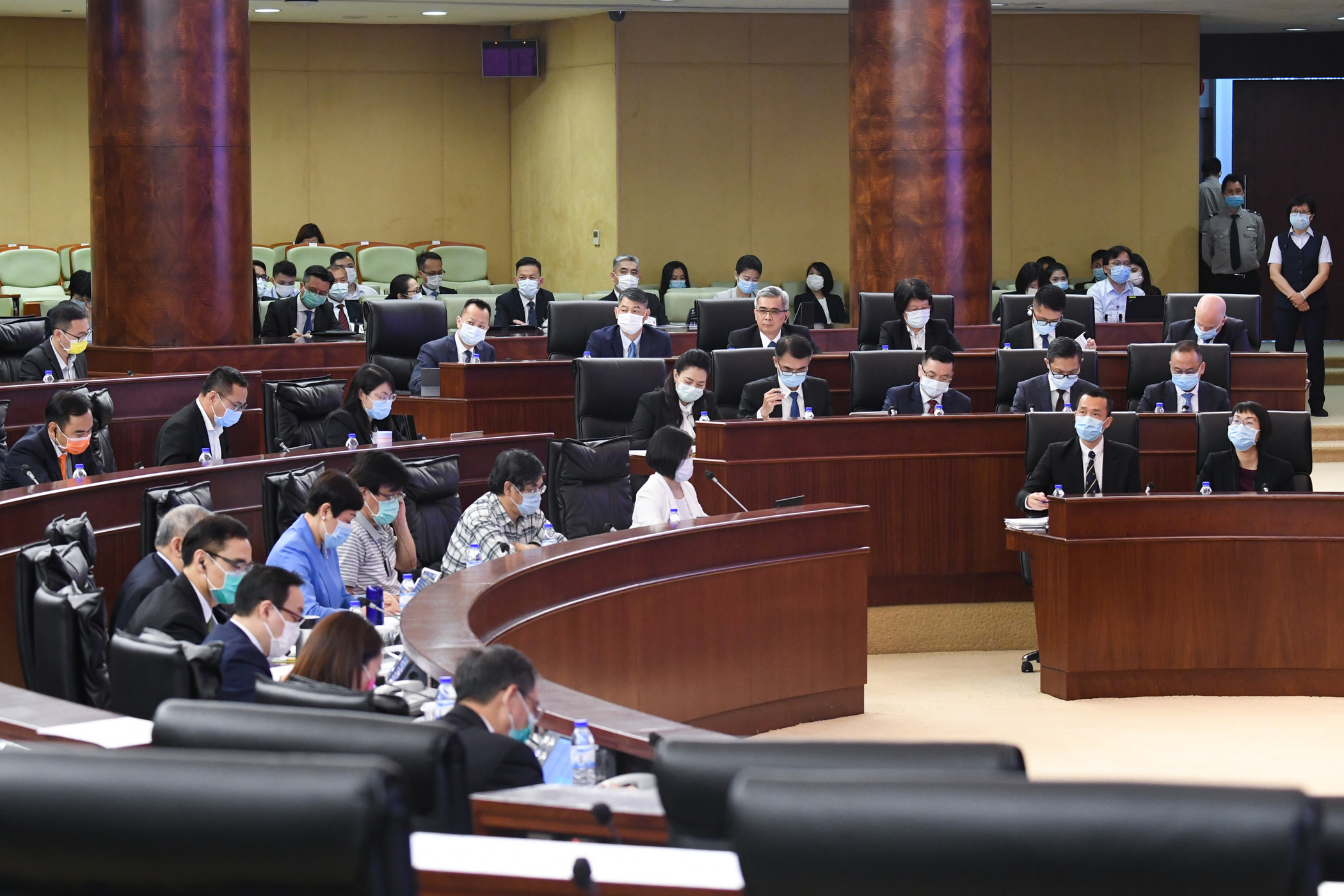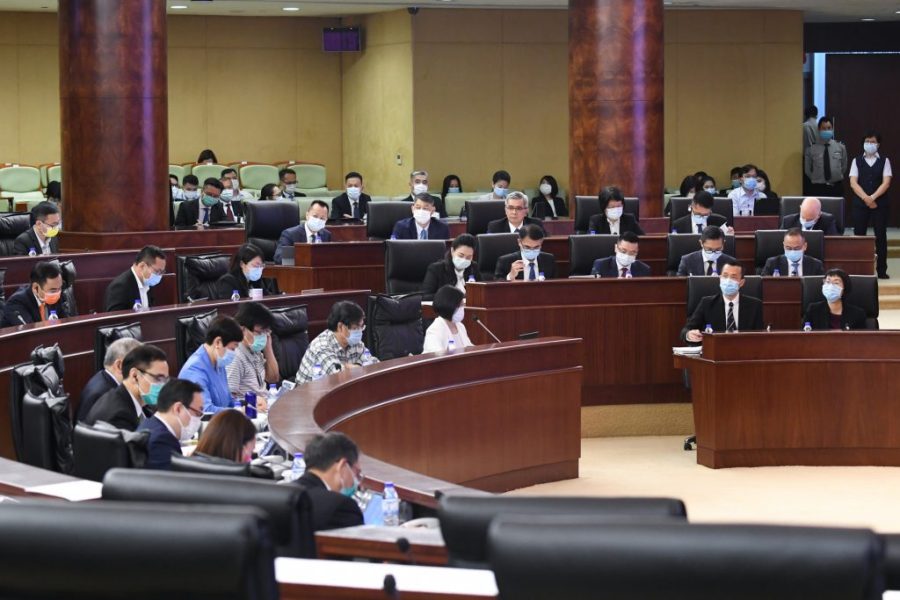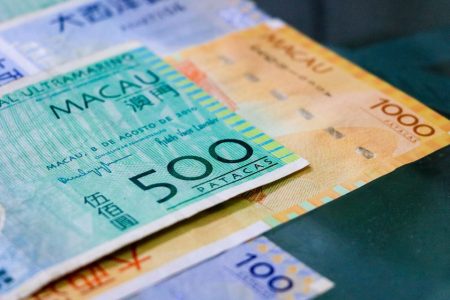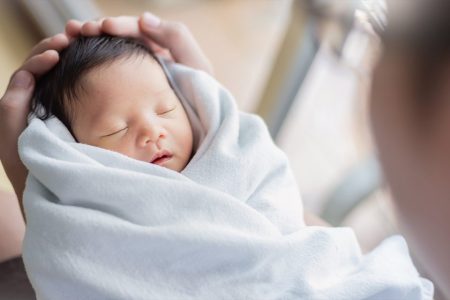Secretary for Security Wong Sio Chak said on Wednesday that Macau’s novel coronavirus disease (COVID-19) epidemic “has resulted in many impacts” on the city’s public security.
Wong made the remarks during a one-day Q&A session in the legislature’s hemicycle about his portfolio’s policy guidelines for this year.
“The development trend of cybercrime, the significant changes in the operations of criminal organisations, the increased risk of cross-border crimes, the complexity of maritime and coastal security, and the instability brought about by gaming-related illegal activities are posing challenges to the police’s law enforcement,” Wong said in his introductory speech about his portfolio’s policy guidelines for this year.
“Moreover, the negative impact of the novel coronavirus epidemic on Macau’s economy and the life of its population, as well as its ensuing various kinds of social conflicts, have resulted in many impacts on the stability of Macau’s public security and its safety landscape,” the policy security said.
Urgency to defend national security
“This year, Macau’s general security landscape continues to face many threats and challenges, particularly the ensuing negative impact brought about by the novel coronavirus epidemic, the increasingly serious situation concerning the surrounding security, and the risk of natural disasters that have occurred in recent years, which highlight the importance and urgency of defending national security and [Macau’s] public order and pushing ahead with the reform of [the city’s] civil protection,” Wong said.
Wong pledged that the government will continue to improve Macau’s security system, prevent and combat all types of serious crimes, as well as minor crimes that cause a nuisance to residents’ lives, so as to ensure the continued stability of the city’s public security.
In reply to questions from lawmakers, Wong said that the COVID-19 epidemic has brought “unstable factors” to Macau’s public security. In response, the city’s law enforcement agencies have beefed-up their operations such as strengthened patrols for spotting illegal inns and illegal immigration activities.
Meanwhile, Wong also underlined that the Macau Special Administrative Region (MSAR) “definitely has the constitutional, legal and national responsibility for safeguarding national security, adding that the nation’s sovereignty, security and development interests are “prerequisites” for maintaining Macau’s safety, stability and prosperity.
Wong pledged that concerning national security, the local government will continue to carry out the gathering of intelligence, risk assessments and the investigation of suspected cases, apart from improving Macau’s system in safeguarding national security.
COVID-19 delays CCTV expansion
Meanwhile, Wong said that the installation of the fourth phase (800 cameras) of the police forces’ citywide CCTV surveillance system, which was initially slated to come into operation in the previous quarter, has been delayed due to the COVID-19 epidemic, adding that the government now expects them to come into use in July.
A few years ago, the government started its citywide CCTV camera system project – which is still ongoing – to install a total of 1,620 CCTV cameras in four phases.
The installation of the first phase of CCTV cameras was started in 2015. The first phase – 219 cameras – came into operation in September 2016.
The cameras in the first phase are located in the areas around the city’s various border checkpoints.
The CCTV camera installations of the second and third phases were carried out at the same time. The second phase (263 cameras) and the third phase (338 cameras) came into use at the same time in June 2018.
The cameras in the second phase have been installed on all major roads, while the cameras in the third phase have been installed at major tourist attractions and so-called security black spots.
The installation of the fourth phase of CCTV cameras was started in February 2018.
The cameras in the fourth phase are being installed in quiet places, as well as places with potential security hazards.
Wong also reaffirmed the usefulness of the police forces’ citywide CCTV surveillance system in solving criminal cases.
Wong also reaffirmed that the facial recognition technology to be added to the citywide CCTV camera system will facilitate the police forces’ criminal investigations. Wong underlined that that no cameras installed across the city will be equipped with facial recognition devices and the technology will only be installed in the back-office equipment of the citywide CCTV camera system, which he said was fully in line with the law regulating the system.
Wong also said that the government now expects the operation of the facial recognition system to be tested in the current quarter. Previously, the testing was initially slated to be carried out in the first quarter.
COVID-19 also delays prison project
Meanwhile, Wong also said that the third phase of the new prison project in Ka Ho in Coloane, which was initially slated to be completed in the middle of next year, has been delayed due to the COVID-19 epidemic, adding that the government now expects it to be completed in 2022. He noted that the first and second phases of the new prison project have been completed. He also said that the fourth phase would only be able to start after the completion of the third phase.
Wong admitted that the current jail, which currently houses some 1,600 inmates, about half of them from the Chinese mainland, lacks space. He also said it was difficult to hire prison guards.
Sou storms out
Meanwhile, non-establishment lawmaker Sulu Sou Ka Hou stormed out of the legislature’s hemicycle after a verbal clash with Wong over the rest periods of lower-ranking police officers during the COVID-19 crisis.
Sou also noisily argued with the legislature’s speaker, Kou Hoi In, after the latter had declined to allow him to continue his quarrel with Wong until the next round of lawmakers to ask questions. Sou argued that it was his right to raise an immediate objection to Wong’s remarks.
Wong had accused Sou of merely intending to attract votes (in next year’s election) when he raised the issue of police officers’ rest periods.
Wong also said that the government was paying close attention to the lower-ranking officers’ rest periods.
(The Macau Post Daily/Macau News)
PHOTO © Government Information Bureau (GCS)






